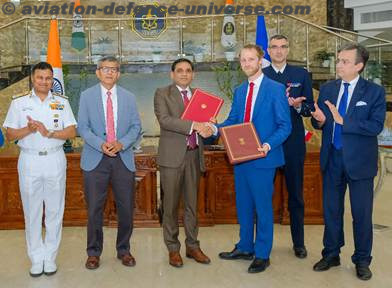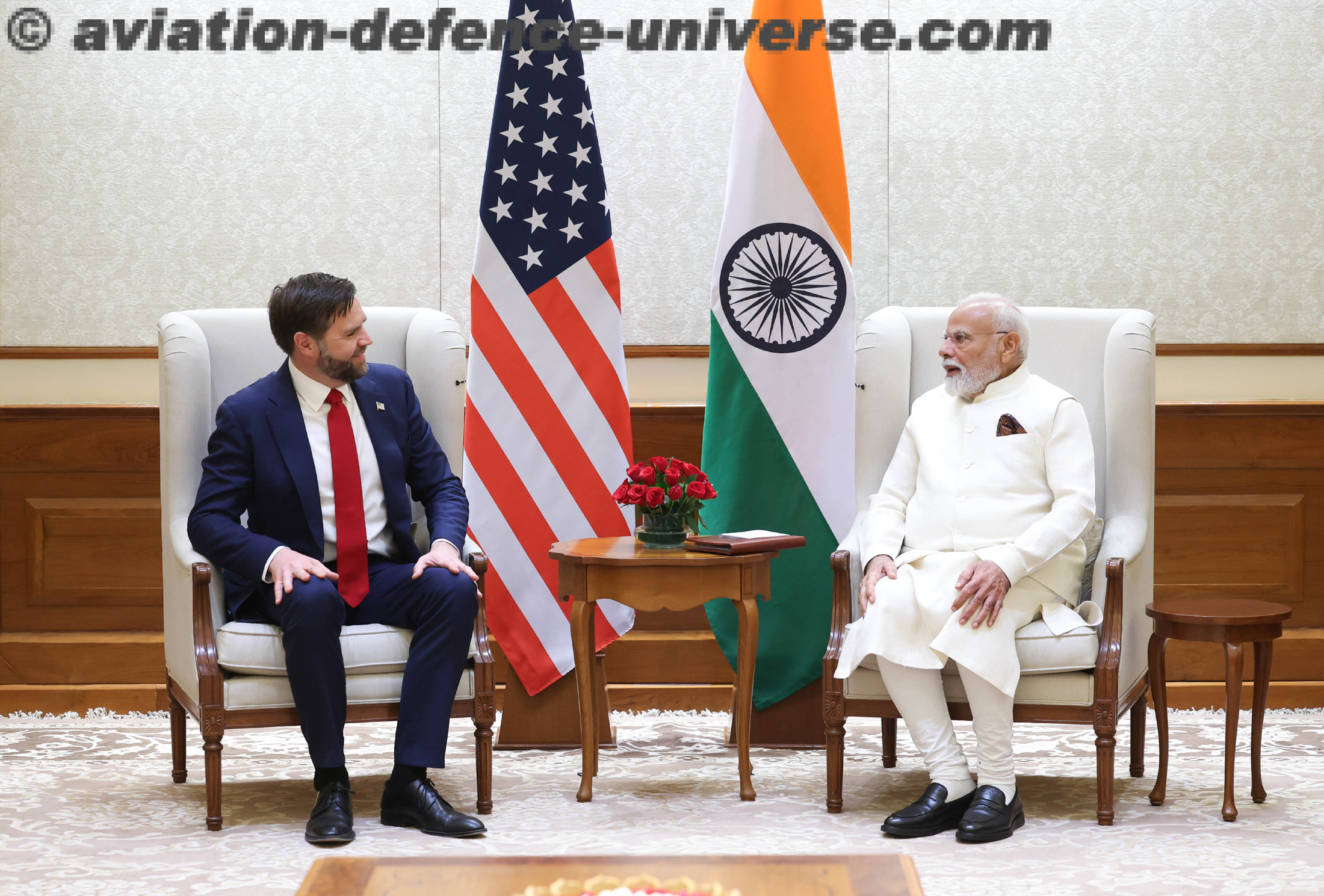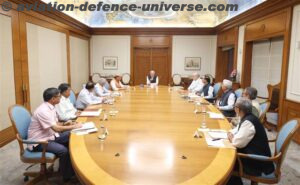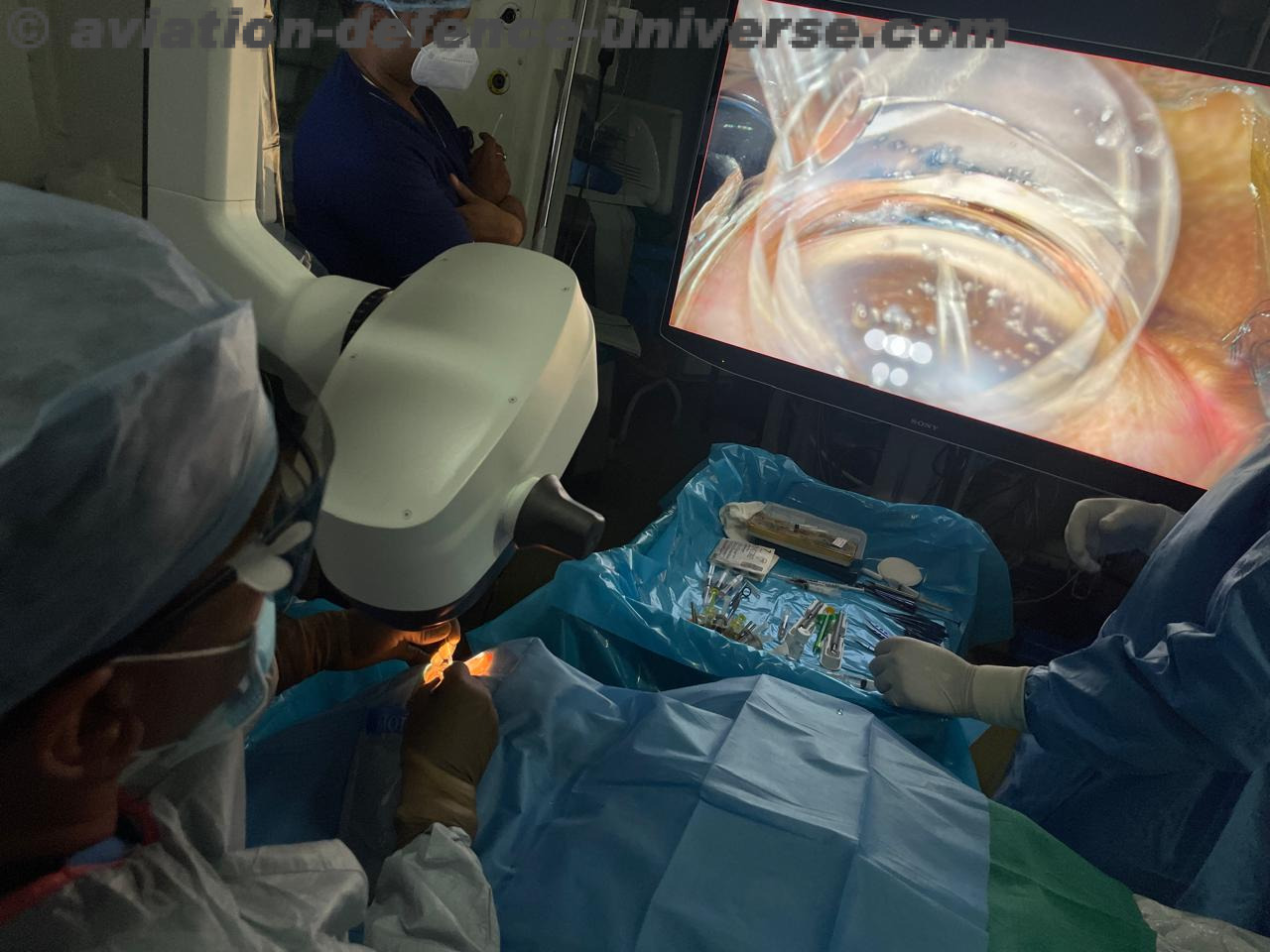- With Initiatives like Industrial Corridors, EoDB Reforms, and Start-up Ecosystem Development, India Poised for Robust Growth and Innovation: Secretary, DPIIT
- FICCI drives Make in India agenda to boost India’s global manufacturing share to 5 per cent, Paving the path to Viksit Bharat 2047 goals: Anant Goenka, Vice President, FICCI and Vice Chairman, RPG Group
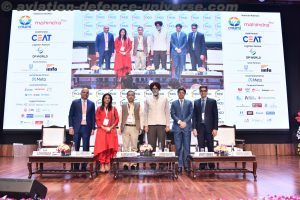 NEW DELHI, 21 November 2024: Kamran Rizvi, Secretary, Ministry of Heavy Industries, emphasized the rapid pace of change driven by electrification and the need for industries to adapt to this shift. He highlighted how the Ministry of Heavy Industries is playing an active role in India’s growth with a focus on cost-effective manufacturing and increased domestic value addition, especially in the electric vehicle sector. Shri Rizvi concluded by affirming that India’s strength lies in its robust industry, positioning the country on a path toward a resilient, sustainable, and globally competitive future.
NEW DELHI, 21 November 2024: Kamran Rizvi, Secretary, Ministry of Heavy Industries, emphasized the rapid pace of change driven by electrification and the need for industries to adapt to this shift. He highlighted how the Ministry of Heavy Industries is playing an active role in India’s growth with a focus on cost-effective manufacturing and increased domestic value addition, especially in the electric vehicle sector. Shri Rizvi concluded by affirming that India’s strength lies in its robust industry, positioning the country on a path toward a resilient, sustainable, and globally competitive future.
Mr Amardeep Singh Bhatia, Secretary, Department for Promotion of Industry and Internal Trade (DPIIT), Government of India in his special address during a panel discussion in the FICCI AGM 2024 emphasized that DPIIT in creating a conducive ecosystem for industrial development, with support from various ministries. Initiatives like the National Industrial Corridor Program, Production Linked Incentive (PLI) Scheme, and the ease of doing business reforms have facilitated industrial growth. The government’s focus on FDI liberalization, smart industrial townships, and sector-specific parks, especially in Tier 2 and 3 cities, is contributing to India’s industrialization.
Start-up ecosystem is also thriving with presence of incubators with a push to deep tech start-ups. Start-ups can take advantage of the 1 lakh crore innovation fund which was announced in the recent budget. Alignment of industry and start-ups is needed.
Mr Anant Goenka, Vice President, FICCI and Vice Chairman, RPG Group, emphasized that private investment is aligning with the domestic demand and, he remains optimistic about its growth prospects. Additionally, he highlighted the transformative potential of sector-specific industrial parks, drawing lessons from SEZs in India and other countries, to enhance manufacturing competitiveness.
Mr Manish Sharma, Chair, FICCI Committee on Electronics and White Goods Manufacturing and Chairman, Panasonic Life Solutions India & South Asia, stated that while industrial corridors are essential, the future lies in developing supply chain corridors. He noted the significant impact of Production Linked Incentive (PLI) schemes, predicting an explosion in demand over the next 2-3 years, driven by value addition, localization, and product customization, leading to increased private sector investments.
Ms Sulajja Firodia Motwani, Chair, FICCI Committee on Electric Vehicles, and Founder & CEO, Kinetic Green Energy & Power Solutions Ltd, further stated that although electric vehicles (EVs) currently represent a small segment of the automotive supply chain, their share is rapidly growing. She called for an ‘anti-fragile’ action plan to drive demand, introduce a graded PLI 2.0, re-examine tariff and duty structures, and accelerate R&D to position India as both a major consumer and producer of EVs.
The session was moderated by Mr Alok Kshirsagar, Senior Partner, McKinsey & Company
” width=”20″ height=”20″>












